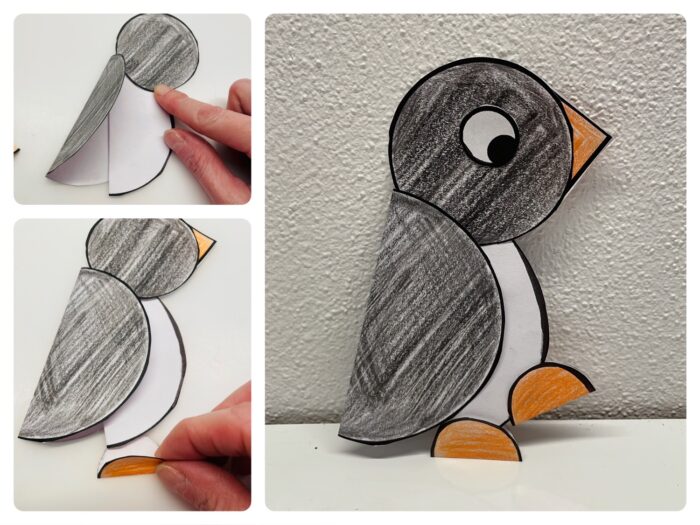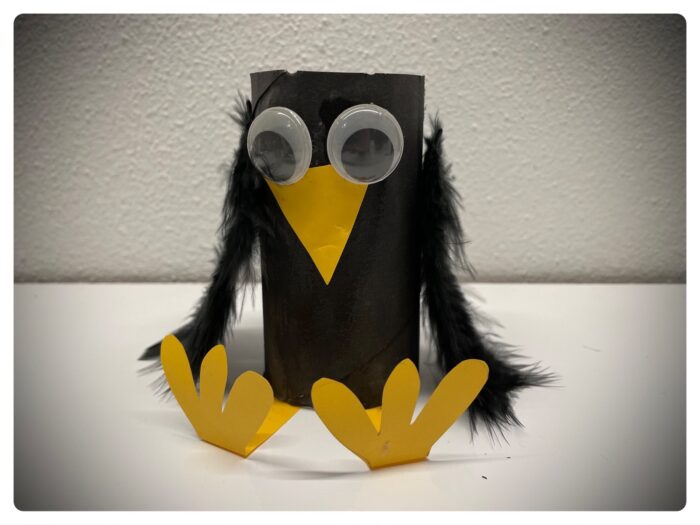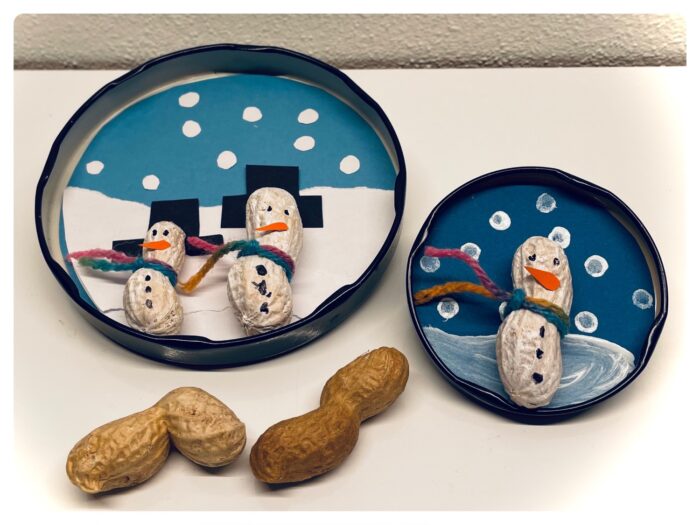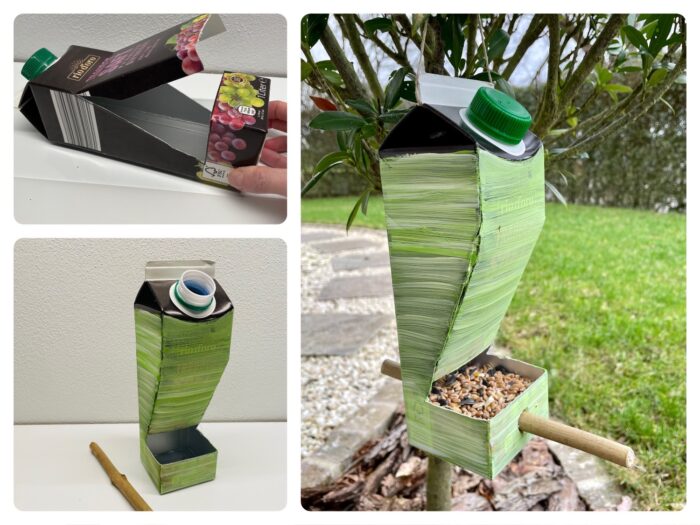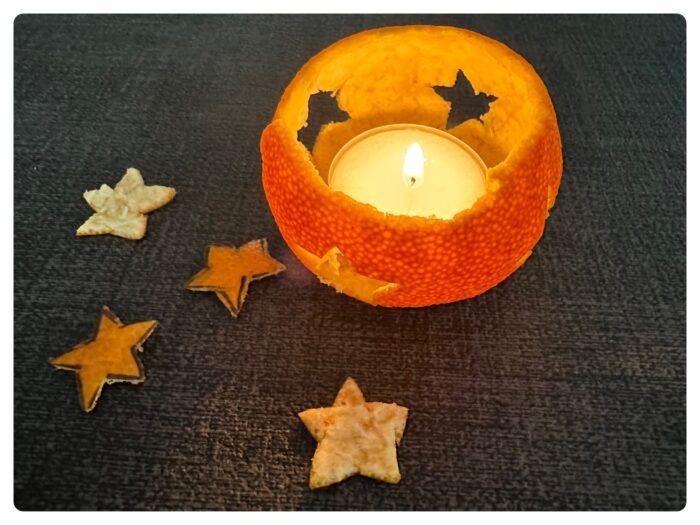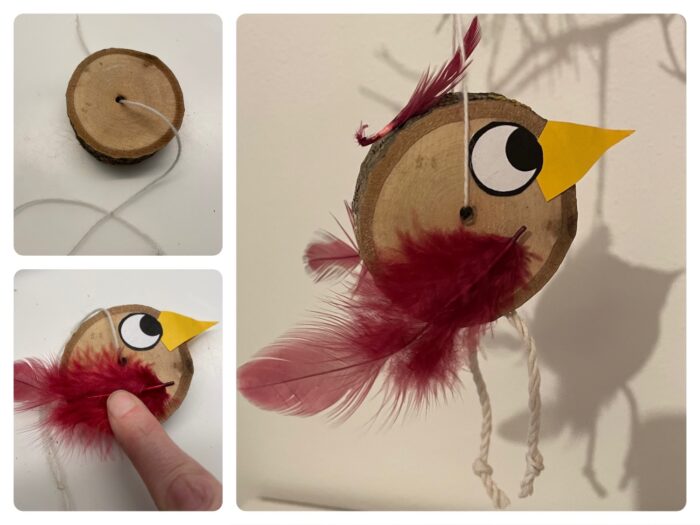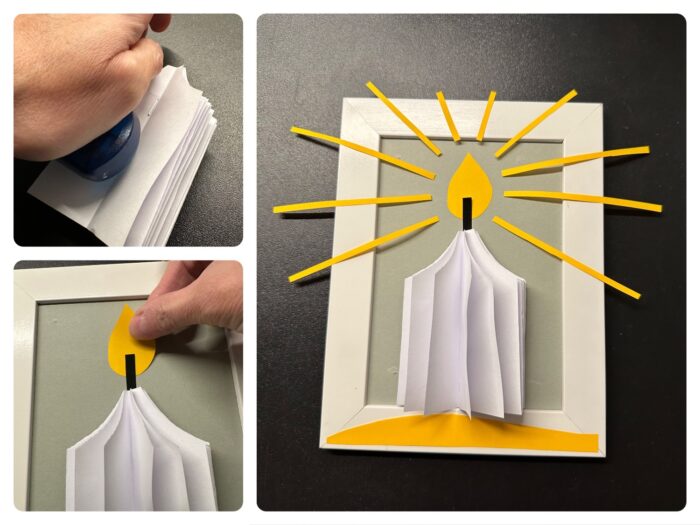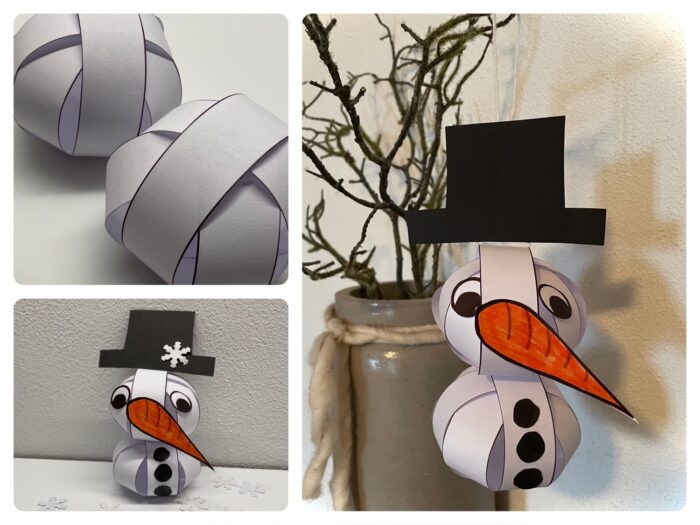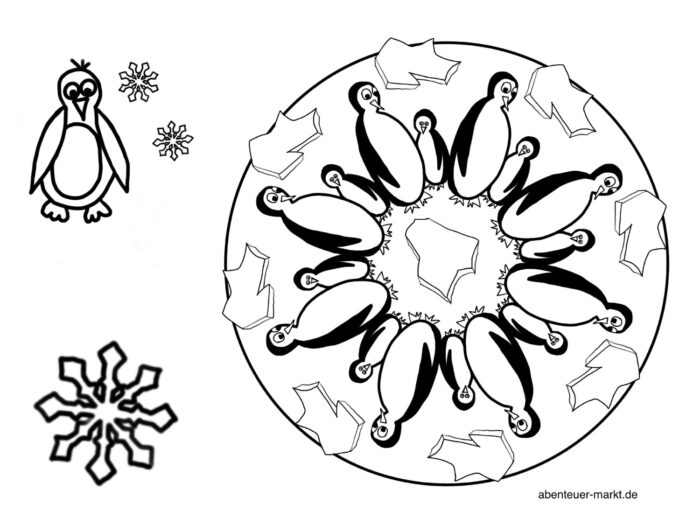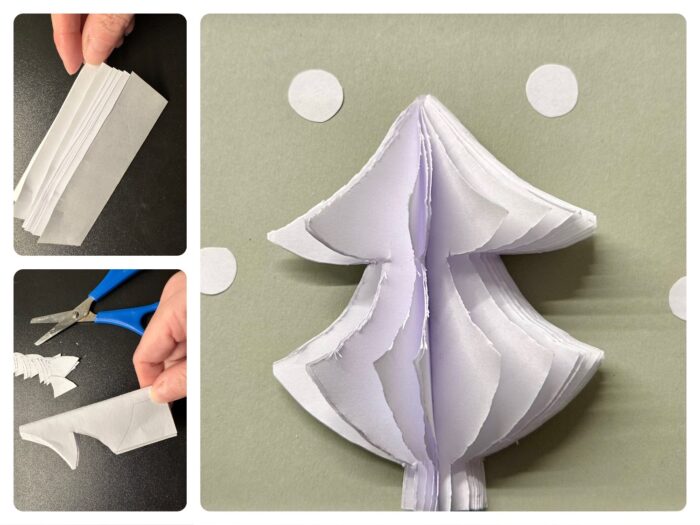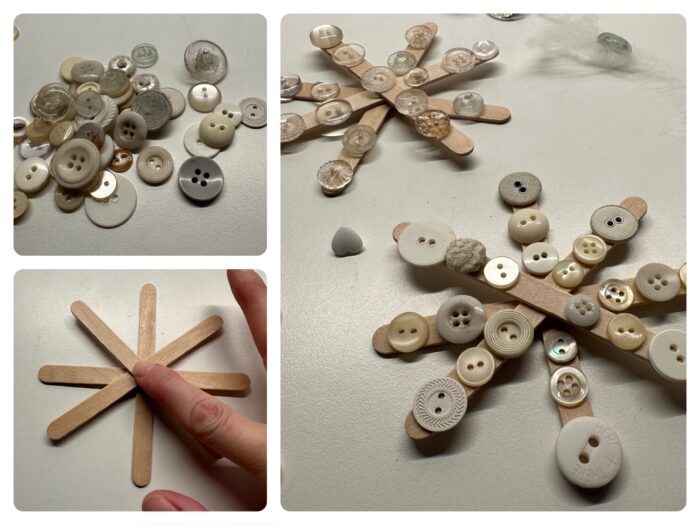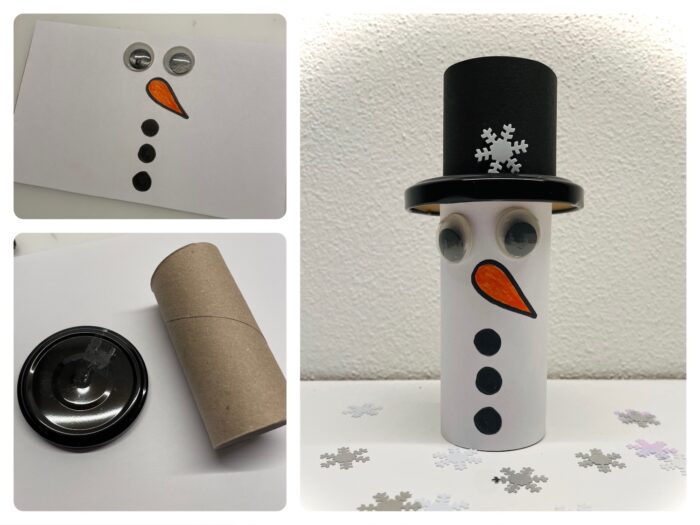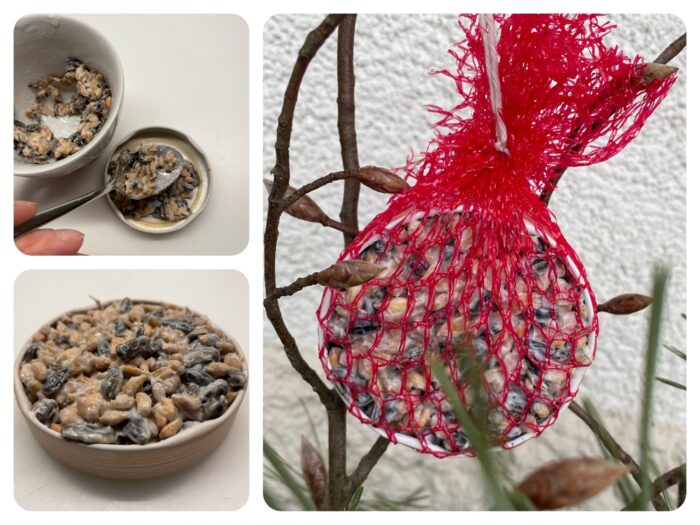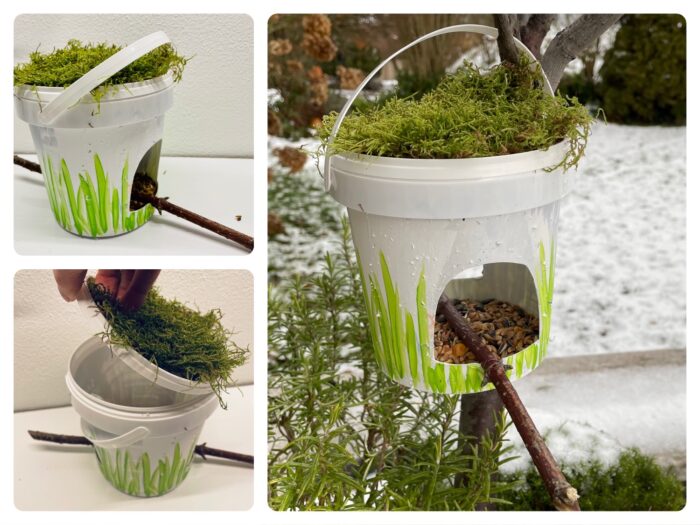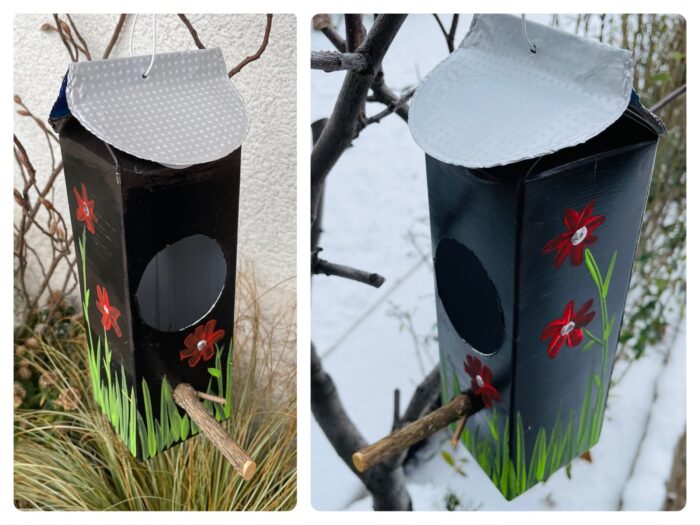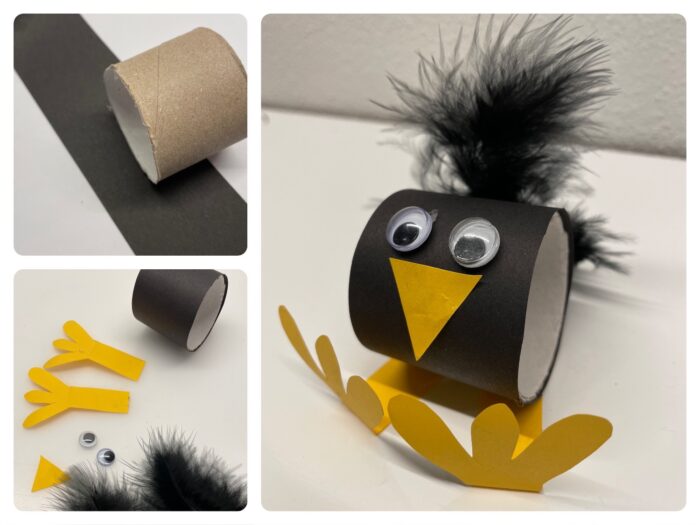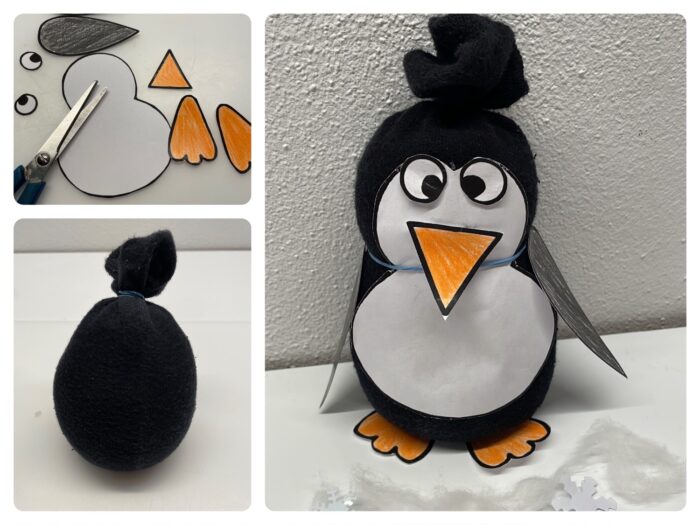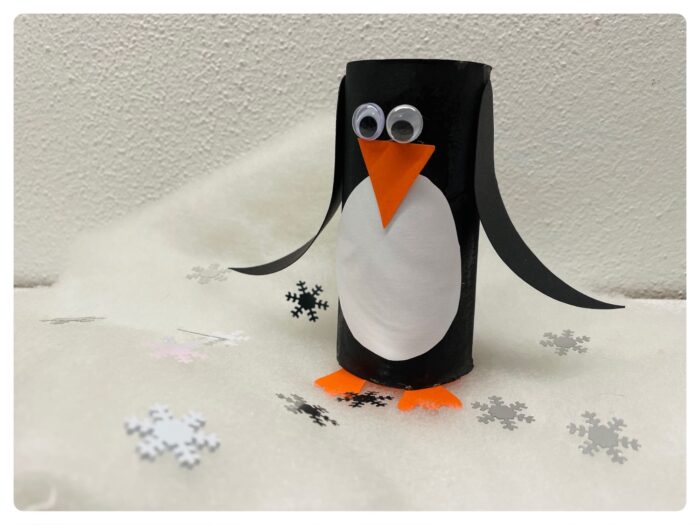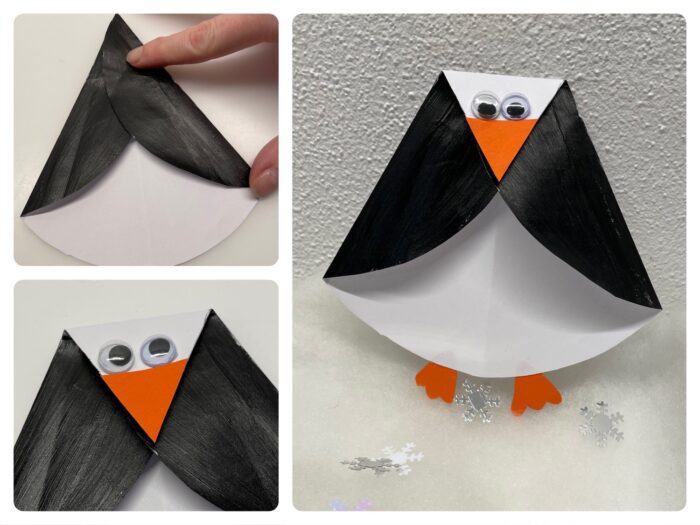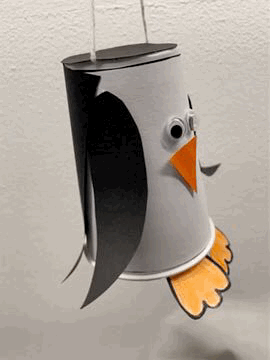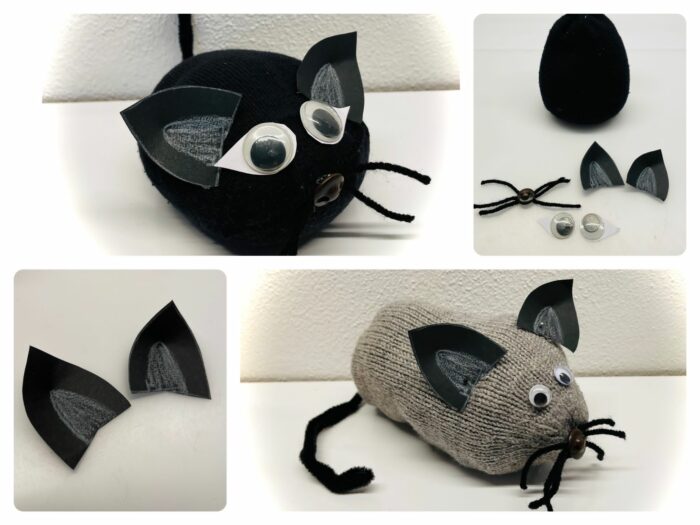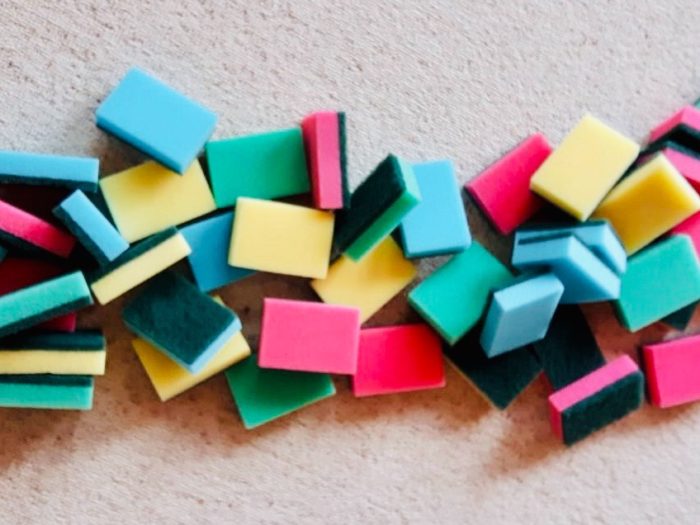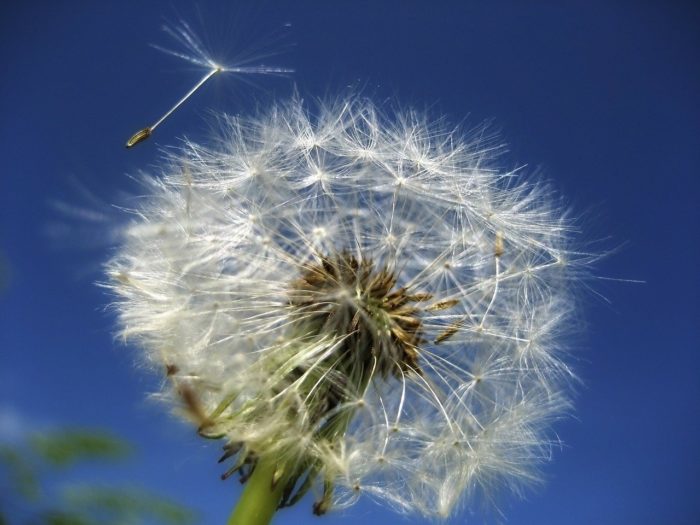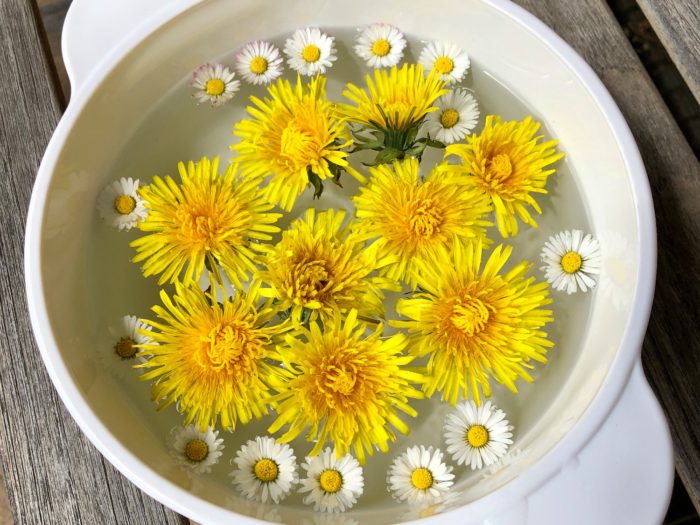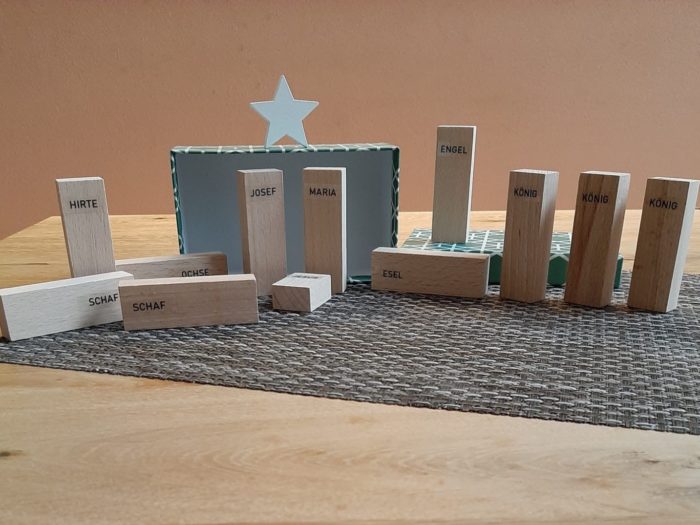Self-doing adventure for children: crafting, DIY, cooking, playing, painting...
Discover our most beautiful adventures for the winter
Welcome to the Adventure Market
The blog for pedagogical professionals and parents.
Here you will find instructions for the activation and promotion of children. Thus, the active everyday life with children becomes even more colorful.
In more than 1000 adventures from different areas and categories, there is something for every occasion and every season, for every age and all interests. Browse and marvel what there is to discover!
Do you already know our new app – the Adventure Navi?
With us, making yourself is in the foreground. For this we have the app for children „The Adventure Navi“ ==References== Here you can learn more about it.



The currently 6 most popular craft and DIY adventures
Education of children is at our heart
We are talking about holistic education! We want to support the development of children in all areas.
The holistic early education recognises the diverse needs and potentials of each child and promotes a holistic development that goes far beyond the mere acquisition of knowledge. It lays the foundation for lifelong learning, personal growth and a successful and fulfilled life.
Why is early education important with a holistic approach? Here are the most important points for us!
Development of all skills
Holistic early education aims to promote all aspects of child development, including cognitive, linguistic, motor, social-emotional and creative skills. Through a wide range of learning activities and experiences, children are given the opportunity to discover their strengths and interests and to develop their potential in all areas.
Holistic view of the child
Each child is an individual being with individual needs, talents and a unique personality. Holistic early education considers the child as a whole and takes into account all its facets. It goes beyond purely academic education and also takes into account the social-emotional, physical, creative and ethical development of a child.
Networked thinking and transfer
Holistic education promotes networked thinking and the transfer of knowledge and skills to different situations and contexts. By learning to link knowledge and skills from different areas, children can react flexibly and creatively to new challenges.
Promoting self-confidence and self-efficacy
Holistic early education strengthens the self-confidence and self-efficacy of children. If children are successful in different areas and perceive their progress, they develop a positive self-image and confidence in their own abilities.
Preparing for Lifelong Learning
Holistic early education lays the foundation for lifelong learning. Children learn not only concrete skills and knowledge, but also important learning strategies such as problem solving, critical thinking, creativity and communication. These skills enable them to continuously learn and adapt in a constantly changing world.
Intercultural understanding
By sharing cultural experiences and getting to know different traditions and ways of life, children can develop an intercultural understanding. This promotes openness, tolerance and respect for other cultures and strengthens the idea of global sustainability.
Participation and capacity for action
Early childhood education can encourage children to actively participate in decision-making and design processes. By encouraging children to contribute ideas, implement their own projects and take responsibility for their actions, they can develop skills for action and learn that they can have a positive impact on their environment.
Early education and sustainability
In the adventure market you will find activities with materials that can certainly be found in every household, in every day care center and in every primary school shelter. We make sure that we are active with consumption and packaging materials, recycle things and encourage careful handling of the environment.
Why? Because early education and sustainability are closely linked. They lay the foundation for sustainable development. By building early education on sustainability principles, children can develop an understanding of the environment, social justice and economic sustainability.
The following aspects show how early education can contribute to sustainability
Environmental awareness
Early education can help children develop awareness of the natural environment and strengthen their connection to nature. Through outdoor activities, natural explorations and environmental projects, children can learn to protect the environment and adopt sustainable practices.
Resource conservation
Children learn to consciously use and conserve resources such as water, energy and materials. Through practical experiences and activities that promote recycling, reuse and upcycling, children can develop an understanding of the value and limitations of resources.
Social responsibility
Early education can help children to develop an understanding of social justice and global responsibility. Children can learn to care for other people, animals and the community and develop social skills such as empathy, solidarity and cooperation.
We integrate the educational approach Education for Sustainable Development (SDO) as it aims to impart knowledge, skills and values for sustainable development.
The education of children has a major influence on the values, attitudes and behaviour of children. By integrating sustainability principles, children can grow up to be responsible and sustainable citizens who are committed to a viable and sustainable future.
Education needs commitment!
Because good education is so important for …
… personal development
A good education lays the foundation for the personal development of children. Through education they gain knowledge, skills and competences that help them develop their talents and exploit their full potential. Education promotes their cognitive, social and emotional development.
… Better prospects for the future
A solid education gives children better prospects for the future. It improves their career prospects and gives them access to higher education and qualified jobs. Children who receive good education have greater opportunities to realize their dreams and live a full life.
… social development
The education of children contributes to social development. Well-trained citizens are usually more active and productive in society. They contribute to the growth of the economy, are more committed citizens and have a better understanding of social problems. An educated population is a crucial factor for the progress of society.
… Fighting poverty and inequality
Education is an effective tool for combating poverty and inequality. It offers children from disadvantaged families the opportunity to escape the cycle of poverty. Through high-quality education, children can expand their skills and knowledge, which offers them better chances of a successful life.
… Promoting innovation and progress
Education plays a crucial role in promoting innovation and progress in a society. Children who receive good education become creative and innovative thinkers who are able to develop new ideas and solve problems. Innovations in various fields, whether in science, technology, medicine or culture, are driven by well-trained people.
Design education together!
In the adventure market, everyone who has ideas can participate! How you can do this, we show you Here. Before we publish the adventures, they are curated by our pedagogical team.
Because only together succeeds …
… a variety of perspectives
Everyone brings in different experiences, knowledge and ideas, which can lead to a more comprehensive and holistic education. The diversity of perspectives enriches the educational process and allows to take into account different points of view.
.. Proximity to practice and relevance to reality
By working together and sharing your ideas, the adventure market gets its practicality and relevance to reality. All adventures are tested, have proven themselves and can thus be used easily at home as well as in educational everyday life.
… Resource Optimization
Through the adventure market, we aim at a common design of education in order to make more efficient use of resources, enabling a wider range of educational opportunities for kindergartens, primary schools and at home that would otherwise not be available.
… Continuity and Sustainability
Through the cooperation of different actors, we continuously develop and improve the adventure market. Thus, we want to create a stable basis for continuous learning and growth for our children as well.
… Common design
The joint design of education promotes participation, exchange and cooperation between different actors. By designing education together, we can create high-quality, relevant and inclusive education for all children. It is an investment in the future of society that offers long-term benefits for all involved.
Even more for crafts, games and self-making (DIY) for the winter
FAQ on DIY and crafts
Is crafting and self-making actually education?
Education includes all activities that lead to good handling in life. This means crafting, as well as everything that has to do with self-making, education. Because crafting promotes many skills, such as fine motor skills. In addition, crafting also promotes creativity and perseverance. When it comes to crafting, planning knowledge and a motivation of its own is required, a craft offering wants to be implemented. The skills portfolio, which is promoted during crafting, enables children to gain a variety of experiences and the acquisition of knowledge and tools.
What does a craft or DIY adventure include?
Our craft or DIY adventures are created with a lot of passion and love. Every craft or DIY adventure takes your child on a journey into a topic. As preparation for the craft process, the list of materials, which lists the required basic materials and colors, is used. The simple and understandable guide guides you step by step through the craft or DIY project. Have fun!
Which age are the craft adventures or DIY adventures suitable for?
We deliberately do without an explicit age recommendation per craft or DIY adventure. But in principle children can implement the simpler adventures with support. From 3 years of age children can already make many simple crafts themselves. It is important to us that the children have pleasure in doing things, such as crafting and can get to know and experience the many different materials and techniques. Depending on age, interest, motor skills and endurance, a child needs more or less support from an older child or an adult.
Do I have to have special craft knowledge or DIY knowledge?
No, there are no prerequisites for implementing the craft or DIY adventures. Each craft or DIY adventure contains an easy-to-understand guide to get started directly. Using the craft guide, the individual steps of the crafting, work, & nbsp;experimenting etc. are illustrated and explained.
Are there craft and DIY adventures for groups?
Our craft or DIY adventures can be carried out alone, with siblings or in a group. All adventures include a list of materials for a craft project that can be adapted to the given number of children.
Get involved in the education of children!
- Use our Adventures – here in the Adventure Market or with our Adventure Navi
- Share it and spread it further
- Give us Feedback and help us to improve the adventures and complement the portfolio
- Share your ideas and create adventures yourself. Register as an inventor and create Let's go!

